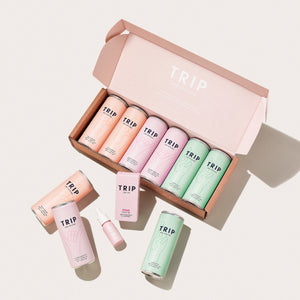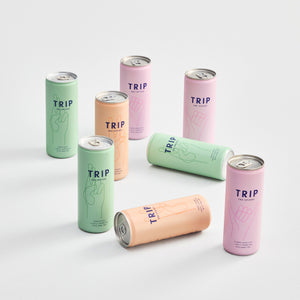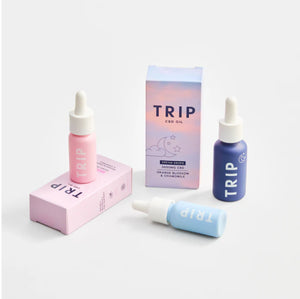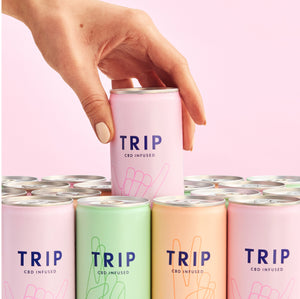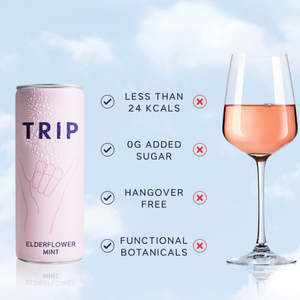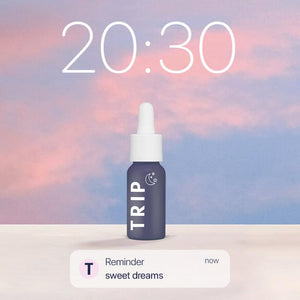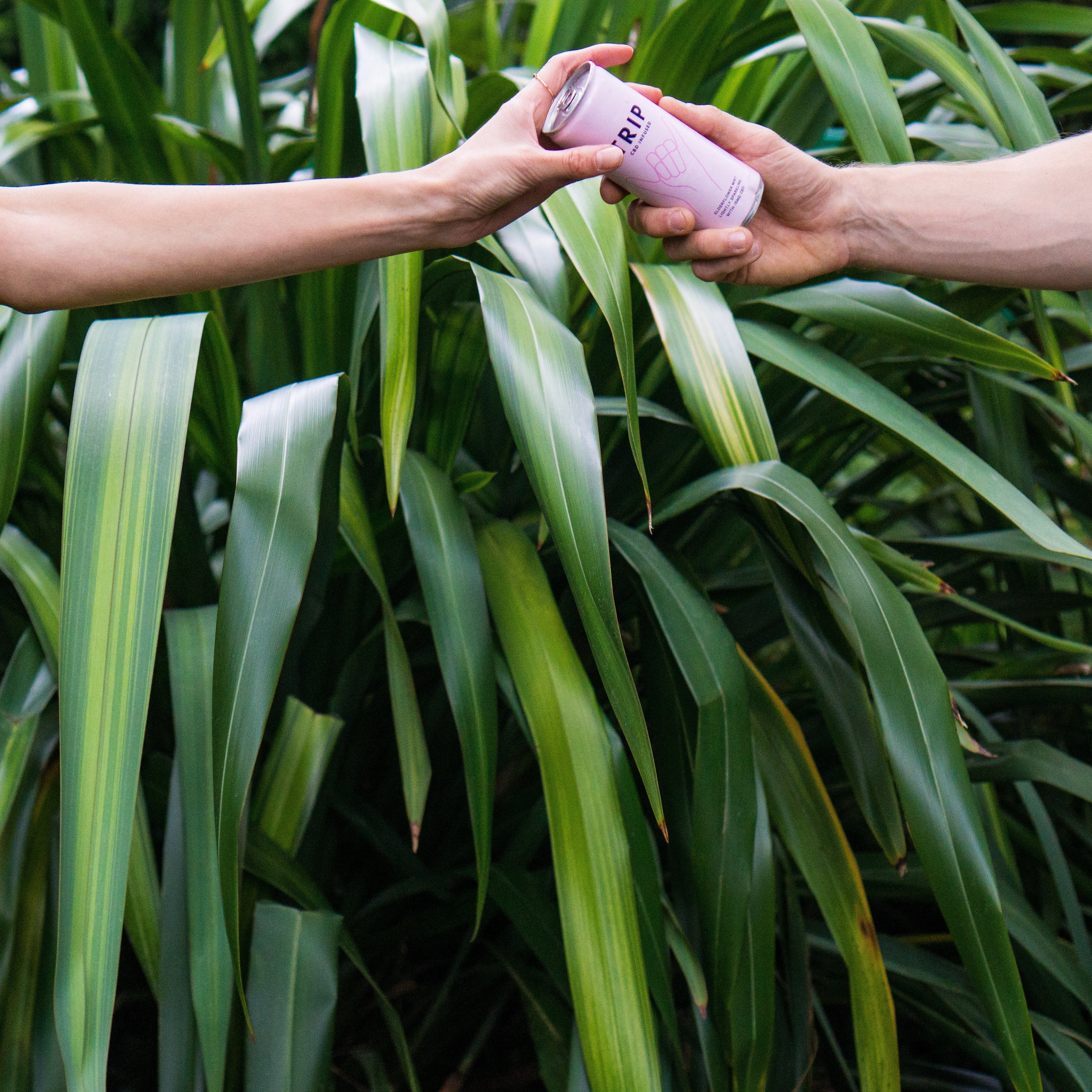What is CBD?
CBD, short for cannabidiol, is the non-psychoactive compound found in hemp plants. Unlike THC, it will not get you high. Its effects are related to the body’s endocannabinoid system, a network of cells and receptors that regulates various cardiovascular, nervous and immune functions and helps control how the body achieves balance.
What is THC?
On the other hand, THC is the chemical compound that induces the majority of the psychoactive effects users experience from cannabis. This is believed to be the case because of its interaction with cannabinoid receptors in specific areas of the brain associated with pleasure and memory.
Do note that CBD does not contain psychoactive properties, it may even suppress the high feelings associated with THC.
CBD vs. THC
Bodily interactions
While more research is needed to establish the specific origins and nature of these two chemical compounds, what we do understand is that THC binds to receptors in the brain that control pain, mood and other feelings. This is why it can make you feel euphoric and give you that so-called high.
CBD doesn’t do that: instead, it interacts with other receptors that are linked to feelings of well-being with its “therapeutic application gaining interest due to expanding evidence for its use”.
Chemical structure
CBD and THC have the same chemical formula: 21 carbon atoms, 30 hydrogen and 2 oxygen atoms. However, they aren’t arranged in the same way. Whereas the molecular structure of THC is circular, CBD contains a hydroxyl group. This small detail is thought to be what gives CBD and THC differing chemical properties, thus affecting the body in different ways.
Psychoactive properties
THC binds with the cannabinoid 1 (CB1) receptors in the brain, stimulating the release of dopamine and producing a psychoactive effect. It also impacts the processing of information in the part of the brain that controls the formation of memories.
CBD is non-intoxicating, and while the benefits are not psychoactive, they can be psychological, helping you find your calm.
Benefits of CBD and THC
Both these compounds have a variety of effects and benefits.
CBD
CBD is also often used as one part of a holistic wellness routine, allowing people to unwind more often in their day to day life.
THC
THC has been noted for its relief of specific symptoms in a number of medical conditions.
Side effects
CBD
Although most people tolerate CBD well and do not experience any side effects, the side effects of taking CBD may include: changes in appetite, weight loss, feeling dizzy, fatigue and diarrhoea. It may also influence any other medications you're taking, such as blood thinners.
However, the compound is well-tolerated on the whole, even in large doses. Many side effects may in fact occur as a result of interactions between it and other pharmaceuticals.
THC
The temporary side effects of THC may include: increased heart rate, dry mouth, red eyes, slowed reaction times and impaired memory. Some users report intense feelings of paranoia and anxiety, either from consuming too much or because of their personal disposition.
It has been argued that THC’s side effects are more pronounced and severe, and historically there have been links made between negative psychiatric conditions and prolonged intake of THC via cannabis — particularly in adolescents.
Legality of CBD and THC
The UK
Laws are changing all the time, which makes the topic even more interesting. In UK law, due to its psychoactive content from THC, cannabis is a controlled substance and is categorised as a class B drug. CBD, on the other hand, is completely legal.
Because of the distinction between CBD and THC and their respective prevalence in cannabis plants, the Home Office policy on CBD provides licences that may be issued for the cultivation of cannabis plants with a low amount of THC:
“There needs to be a defined commercial end use and the Home Office only issues licences for cultivation of plants from approved seed types with the THC content not exceeding 0.2%. The 0.2% reference is used solely to identify varieties which may potentially be cultivated, within the scope of this policy, and to differentiate between the fee level applicable under the Misuse of Drugs (Fees) Regulations 2010”.
CBD, in the UK must also be derived from an industrial hemp strain that is UK approved.
The US
In the US, over 30 states allow medical cannabis containing THC for several uses but it’s still illegal under federal law. Some states have made recreational cannabis with THC legal for personal use, but it’s also illegal under national law.
As part of the Farm Bill in December 2018, Congress legalised hemp, but there are still rules about where and how you can sell products that contain CBD. For example, you can’t sell some across state lines and all CBD products are illegal if they’re sold with the promise of medical benefits.
How to take CBD and THC
CBD
CBD is typically consumed orally as an oil or drink, but can be applied via tincture, or topically if you want to treat muscle injury or skin condition. The products are available in three different forms: CBD isolate, broad spectrum, and full spectrum. While people have taken CBD in numerous ways for different purposes, the most popular form of consumption is orally through a few droplets underneath the tongue.
THC
THC, on the other hand, has historically been consumed through smoking cannabis, either with tobacco or without, in pipe form or other inhalation methods. Otherwise, people have used cannabis to make edibles, which are known for their distinct and more acute effects compared to conventional smoking. However, more innovations have meant that users can use a vape, tinctures or topicals, as with CBD.
Drug testing CBD and THC
CBD
Typically, although CBD stays in your system between two and five days, it should not appear on a drug test. This is because it is not an intoxicant that is searched for by conventional testing. However, ingesting some CBD products may mean you have trace amounts of THC in your bloodstream. Theoretically, if a sufficient amount is present in your system, it may show up positive.
However, so long as you are purchasing CBD products from a reputable vendor, it is unlikely that you will fail a cannabis drug screening. This is because you will need to have over two micrograms of THC per millilitre of blood — a near impossible feat to reach with legal CBD.
So relax: you don’t have to worry about driving after taking CBD, so long as you feel fit to do so.
THC
THC, on the other hand, lingers in your system longer than alcohol and may even be detected ninety days after use — though usually it only shows up in a urine sample for three days or so. Saliva tests can only detect THC for a few hours after use. The endurance of the chemical in your body depends largely on factors like frequency of use and body fat.
It is against the law to drive after having consumed or inhaled cannabis because it is an intoxicant.
Summary
While they are derived from the cannabis plant, THC and CBD are distinct chemical compounds with differing effects. THC mainly stimulates a psychoactive response, altering the user's feelings physically and emotionally.
While CBD may influence a person’s psychological state, it is non-intoxicating and non-psychoactive. The benefits of using CBD are largely associated with relief from stress and feelings of calm. Whereas CBD products are legal in the UK, THC (its main vessel being cannabis) is not.
|
Found in cannabis |
Has psychoactive properties |
Legal in UK |
Has medical benefits |
|
|
THC |
✅ |
✅ |
❌ |
✅ |
|
CBD |
✅ |
❌ |
✅ |
✅ |
However, it is advised to consult your doctor before using CBD, as they will help you consider how these will interact with any other medicine or prescriptions you are already using.
Our CBD
Not all CBD is made the same, and it’s very possible for sub-par products to slip through. At TRIP, our products are third party lab tested to ensure the highest purity and quality.
If you’re new to CBD we recommend trying Discover CBD — My First TRIP or our Mixed CBD Drinks Pack and if you’ve taken CBD before, our CBD Monthly Magic or Double Down CBD Oil Pack could be for you.



